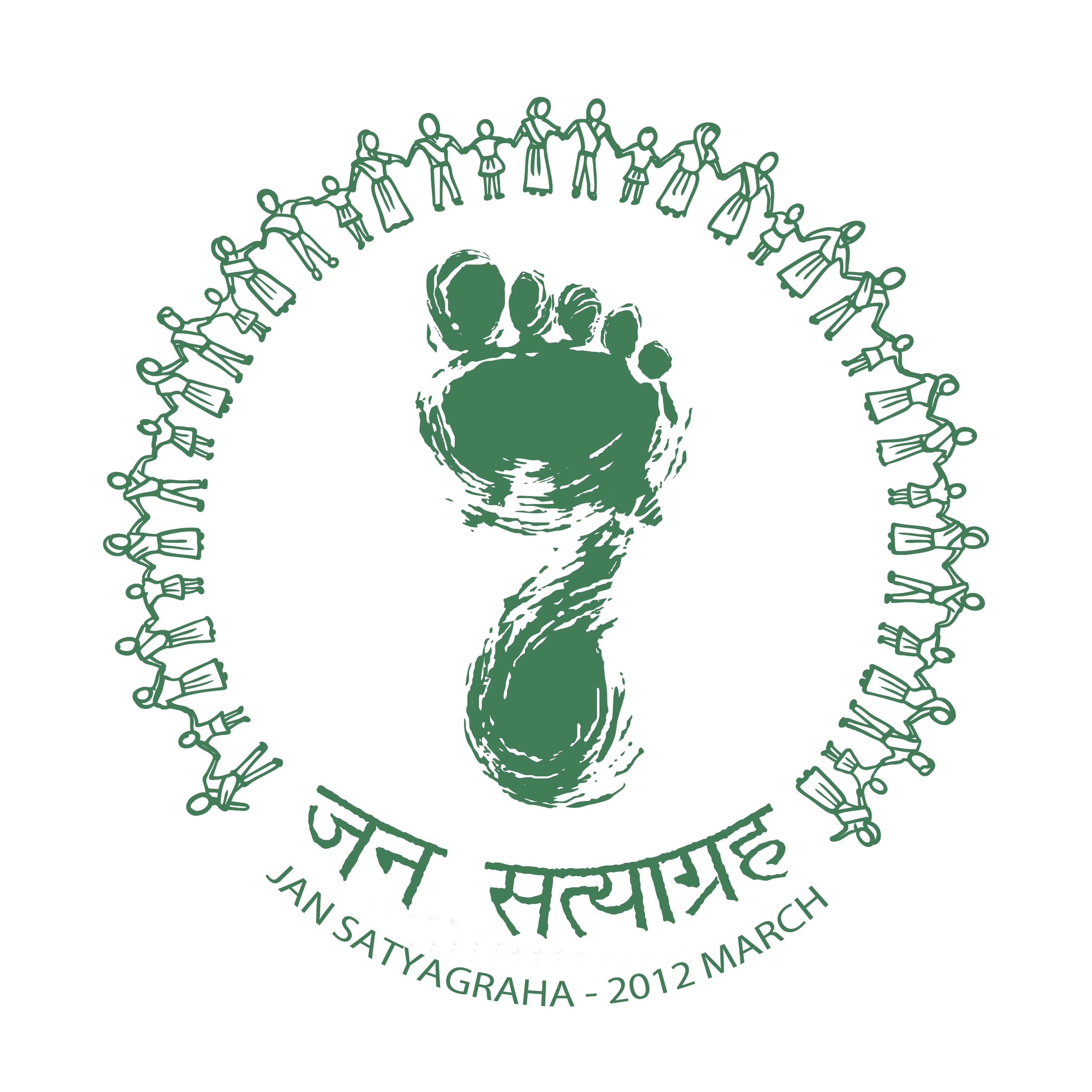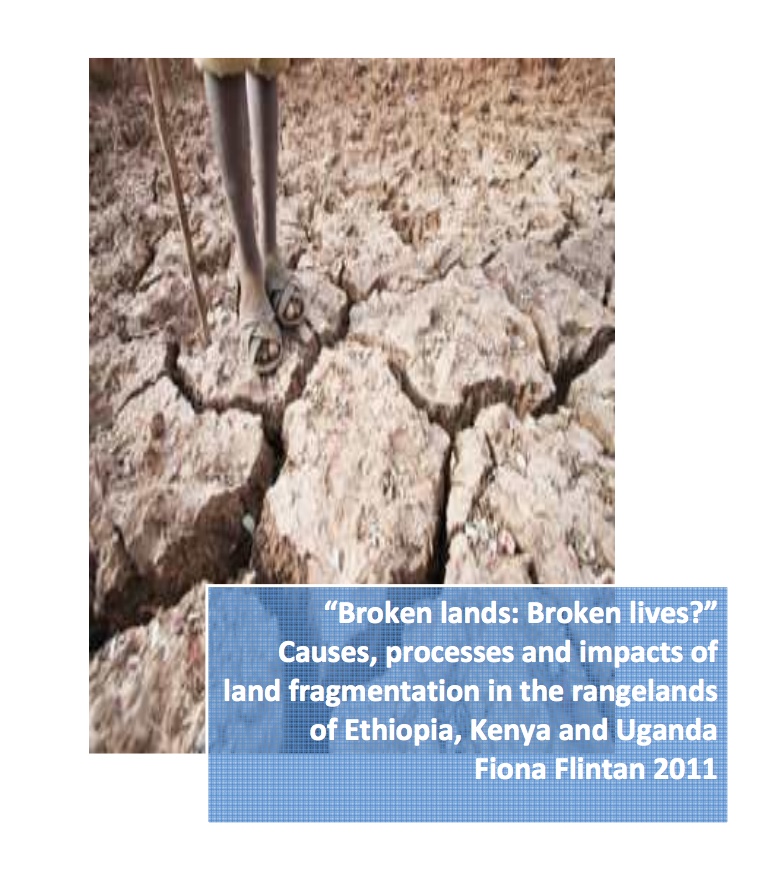UNDP Land Policy Briefs call for more research to address knowledge gaps on gender relations in land practices
[via UNDP, 2008] These 4 Policy Briefs from UNDP show how increasing knowledge about gender relations and empowerment has highlighted the importance of access to and control over land within intra-household gender relations, and what this implies for broader concerns about empowerment of the poor. Moreover, significant knowledge gaps are also found in discussions on the link between land policies and cultural, territorial and gender empowerment issues.




